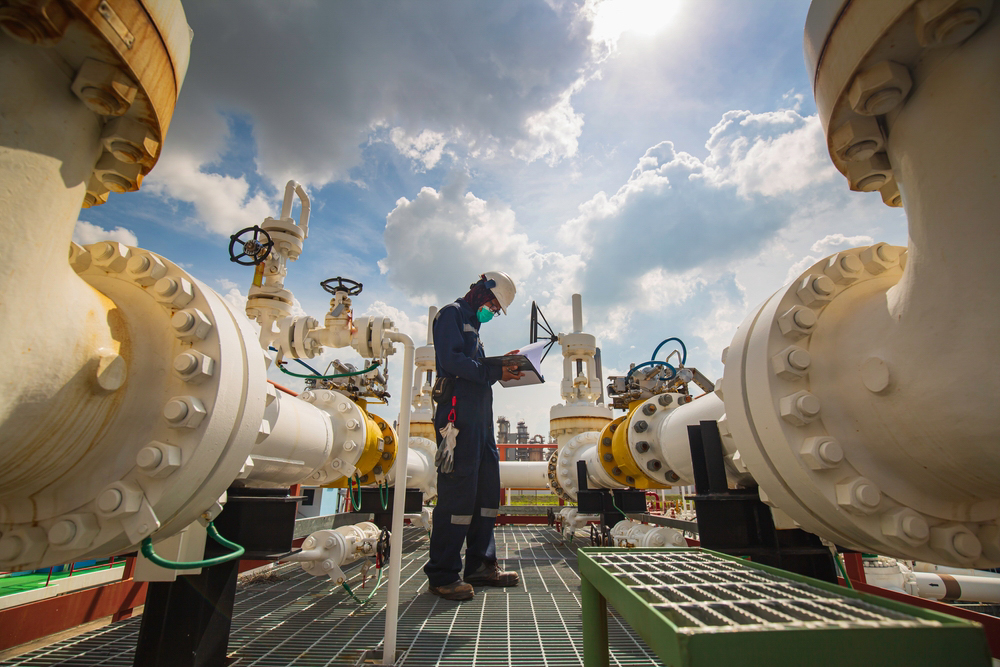
Collaborative efforts to ease Australia’s crippling skills shortages require urgent ramping up, with data released today confirming persistent shortages across the resources sector and other key industries.
According to the National Skills Commission’s 2022 Skills Priority List, occupations critical to both current resources and energy operations as well as new project growth, are facing serious supply shortages in every state and territory.
This includes core production roles in mining and petroleum engineers, plant engineers, geologists, drillers, earthmover operators and trades workers.
Additionally, occupations that are fundamental to maintaining remote site work villages, such as chefs and cooks, are also facing nationwide shortages.
“Australia’s resources and energy sector, like many other industries, is operating through a once-in-a-generation skills crisis,” AREEA Director Operations, Tara Diamond, said.
“Today’s NSC data reaffirms what employers have been experiencing on the ground for the better part of two years. It also confirms such labour supply and skills challenges will persist well into 2023 and possibly beyond that.
“Crippling skills shortages threaten the continuity of existing operations as well as create headaches for new project development, potentially impacting both the future growth of the industry as well as Australia’s reputation as a reliable country to invest in.
“These issues demand strong industry and government collaboration. There is no silver bullet, but momentum on practical medium and long-term solutions must be escalated and maintained.”
Ms Diamond said addressing these shortages will be a “long-term, incremental process”.
She said AREEA is working with all levels of government and advocating for solutions to well-known problems across VET and other training outcomes, labour mobility and skilled migration.
“Unless industry and government can find some creative solutions, the skills crisis facing not only the resources and energy industry but all sectors of the Australian economy, will persist for years to come,” Ms Diamond said.
“AREEA is also working hard with members on initiatives to promote the industry as a desirable, future-focused industry where new generations of skilled people can enjoy long, well-paid careers and be part of innovation and new energy technologies.”
The Skills Priority List is developed using extensive statistical analysis of the labour market, employer surveys, and extensive stakeholder engagement.
Today’s data reflects and reinforces key trends established in AREEA’s Resources and Energy Workforce Forecast: 2022-2027, which shows Australia’s resources and energy industry will conservatively require an additional 24,000 workers by 2027.










